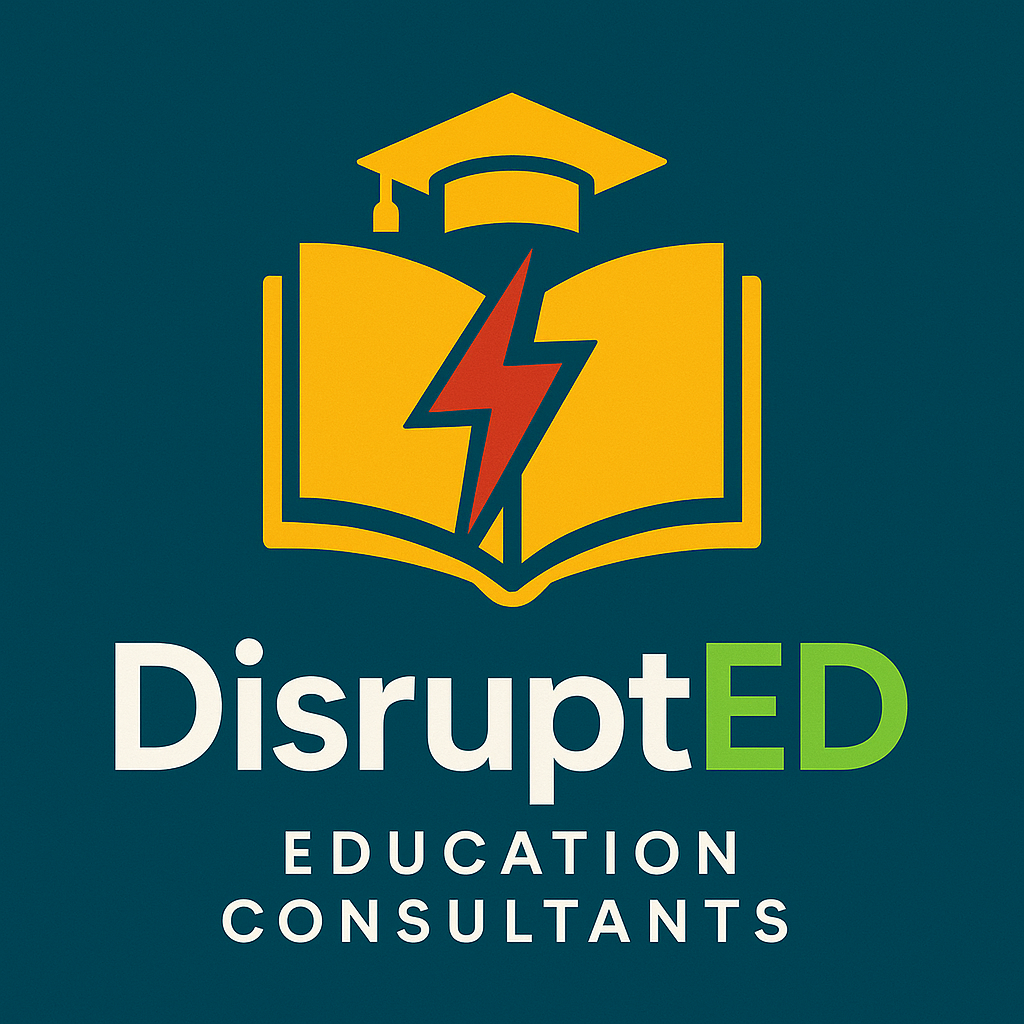
Disrupting Systems. Driving Equity.
We help schools, districts, and organizations move beyond performative equity toward real, systemic change.
Who Are We
DisruptED is a movement, not just a consultancy. We exist to dismantle the systemic racism and inequities that continue to harm students of color in our schools — and to rebuild classrooms as spaces of justice, inclusion, and liberation.
Founded by passionate equity leaders and anti-racist educators, DisruptED challenges the status quo through unapologetic advocacy, training, and coaching. We work side-by-side with educators and administrators to unlearn harmful practices, confront bias, and reimagine education for every student.
Mission Statement
At DisruptED, our mission is to unapologetically challenge the systemic inequities embedded in education by equipping educators, schools, and communities with the tools, knowledge, and courage to create anti-racist, culturally affirming learning environments. We believe every child deserves to thrive in a classroom where justice, inclusion, and truth are the foundation, not the exception.




